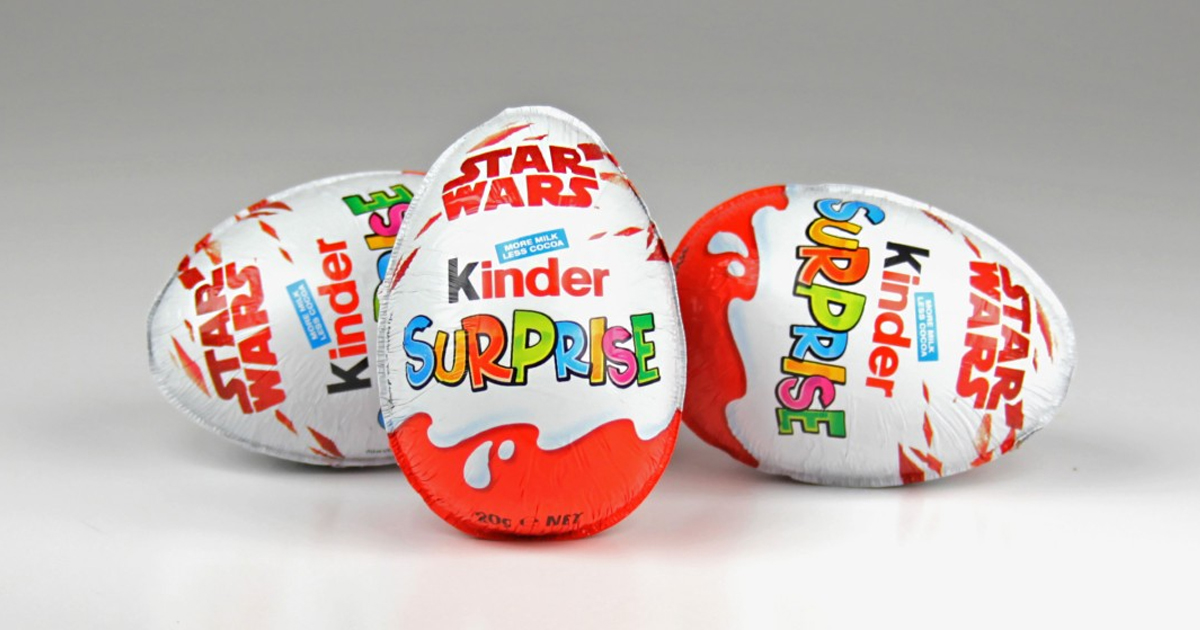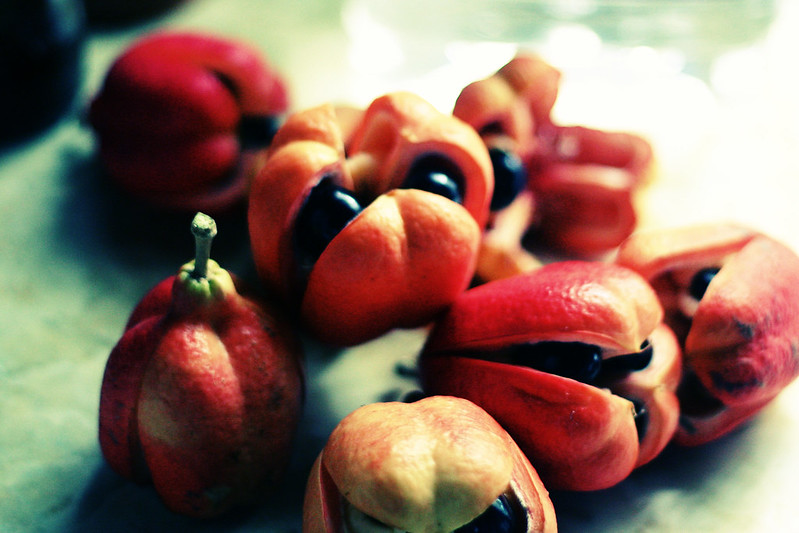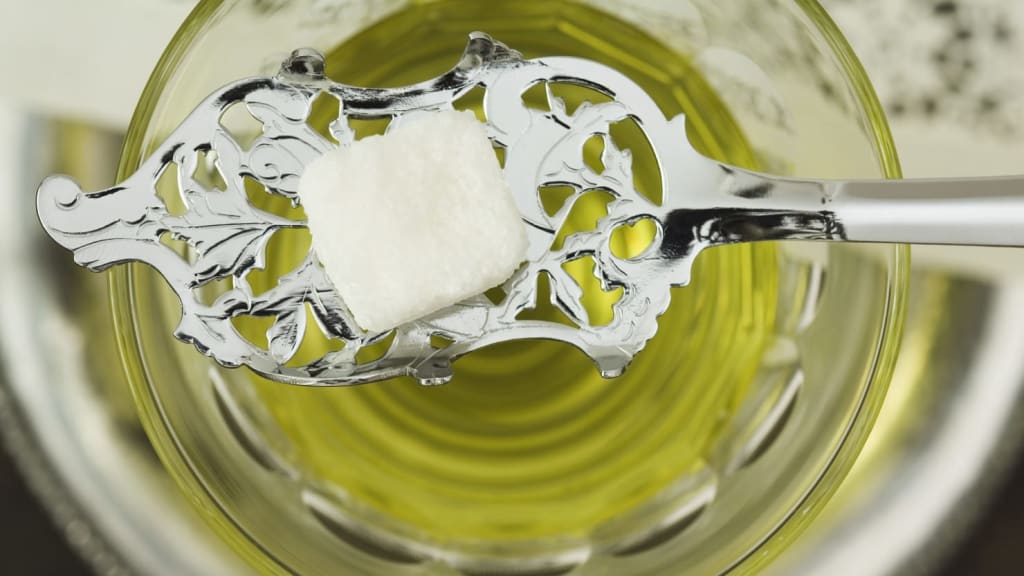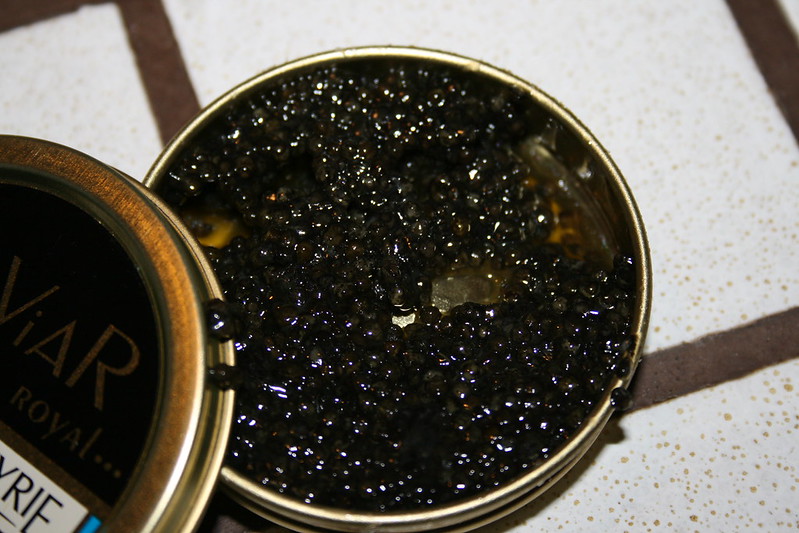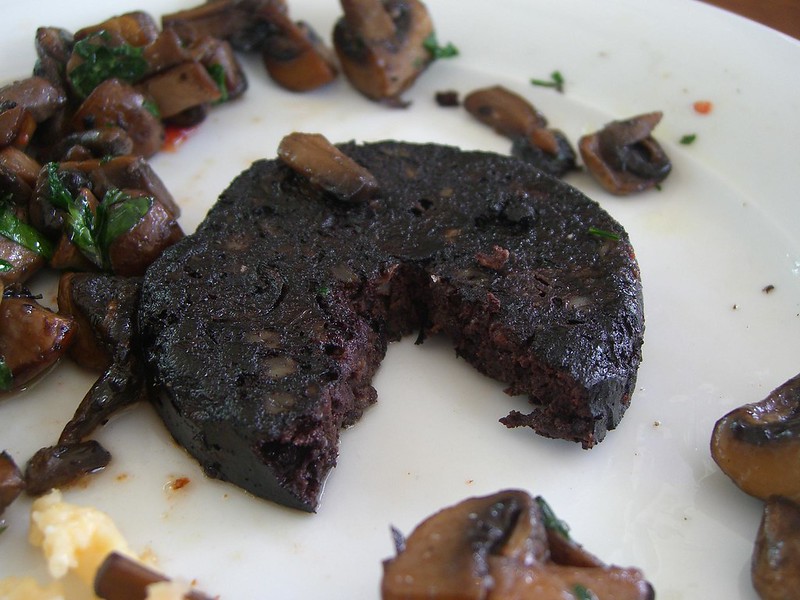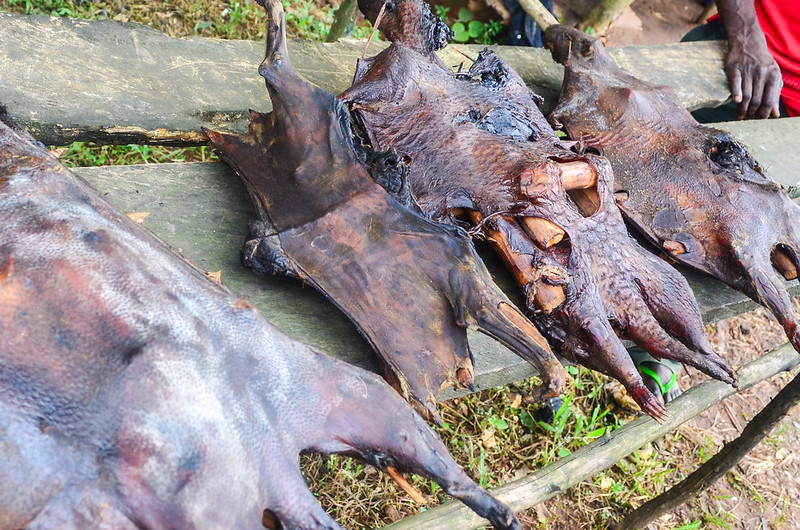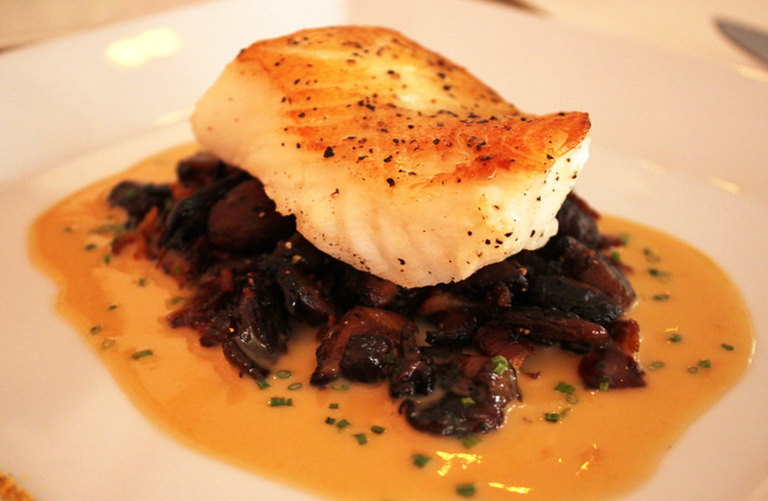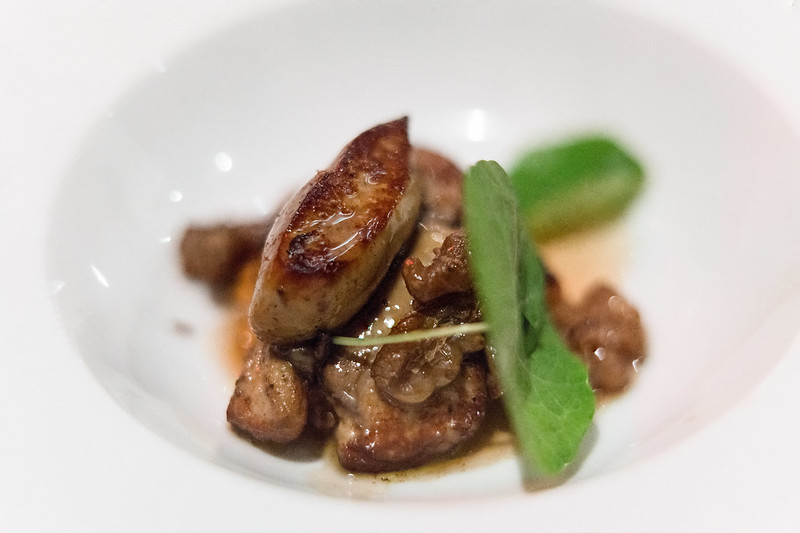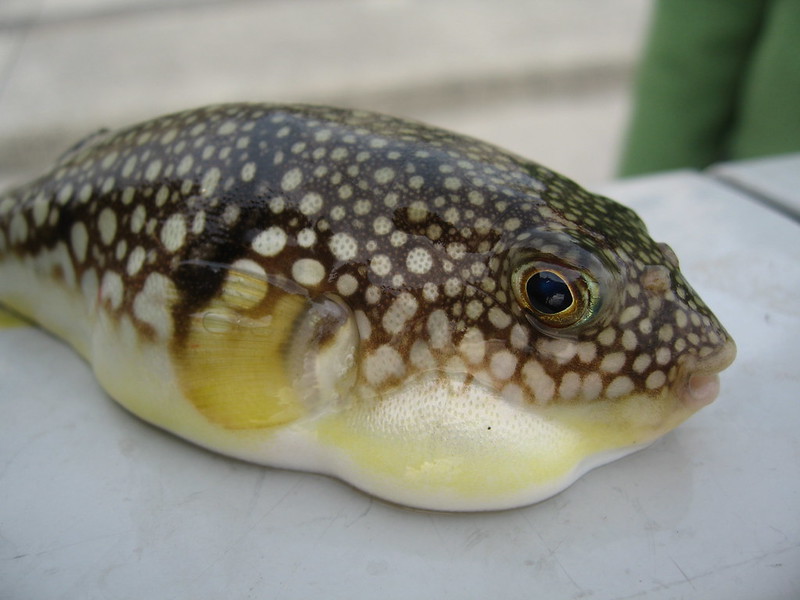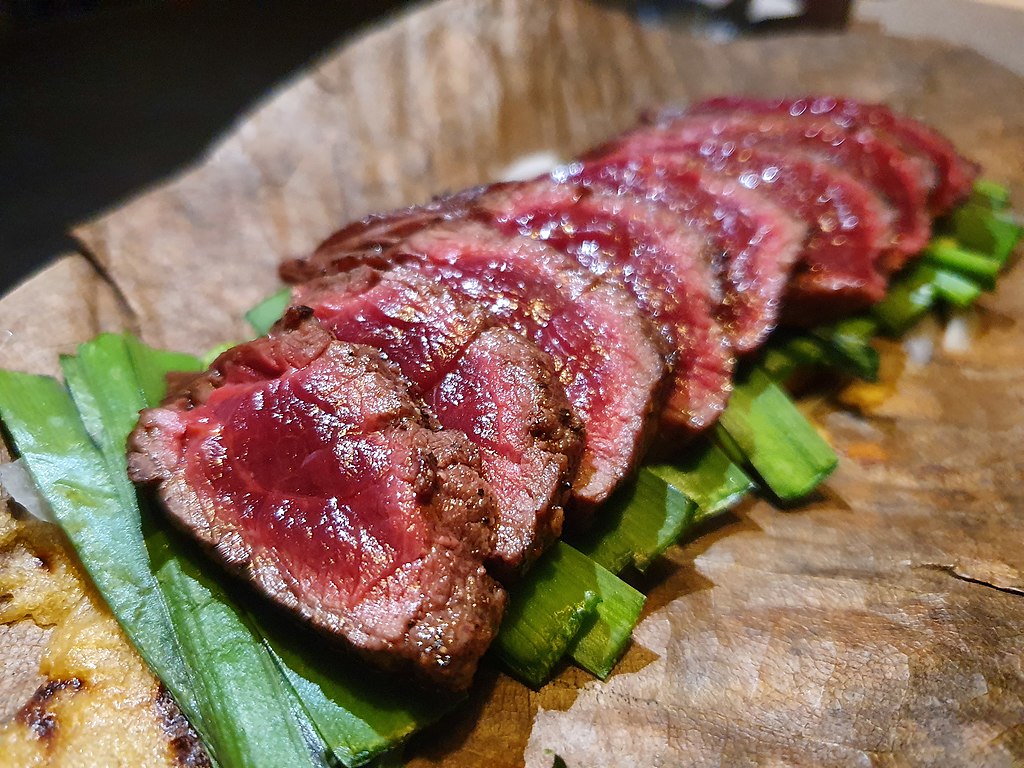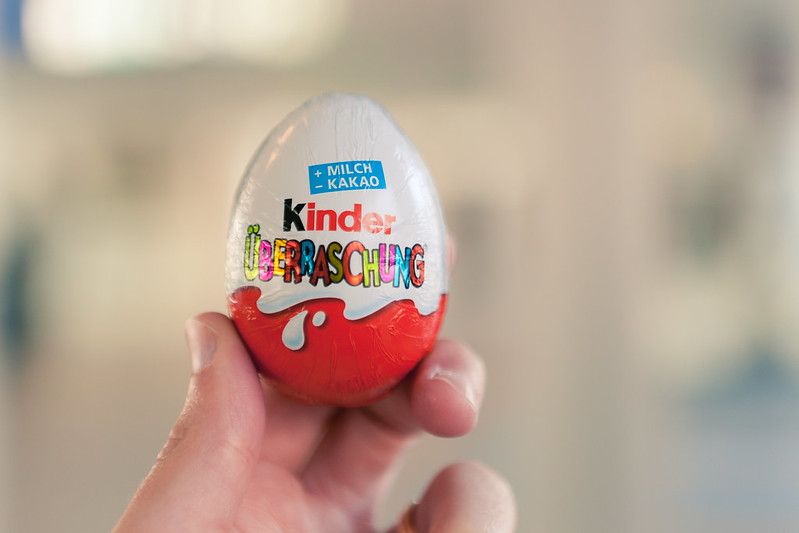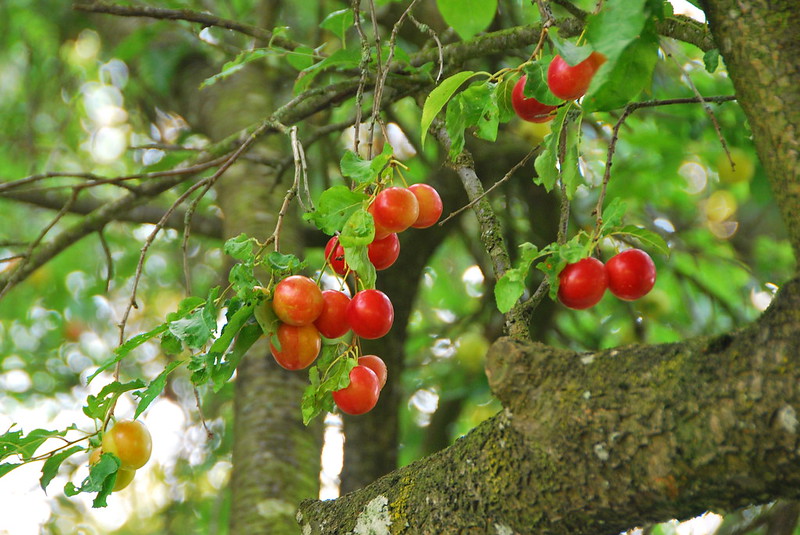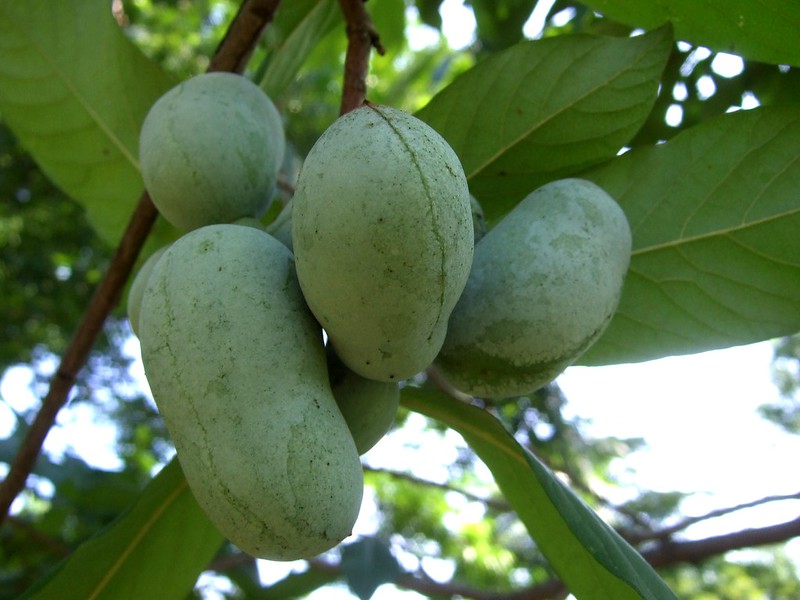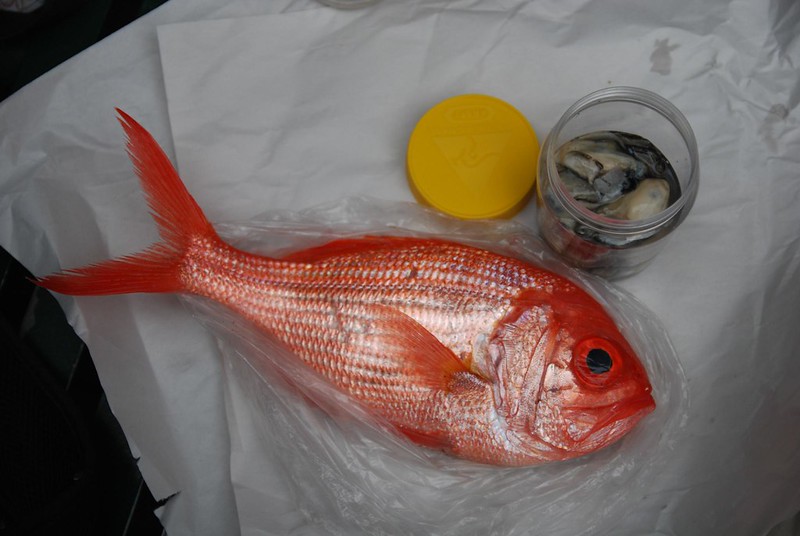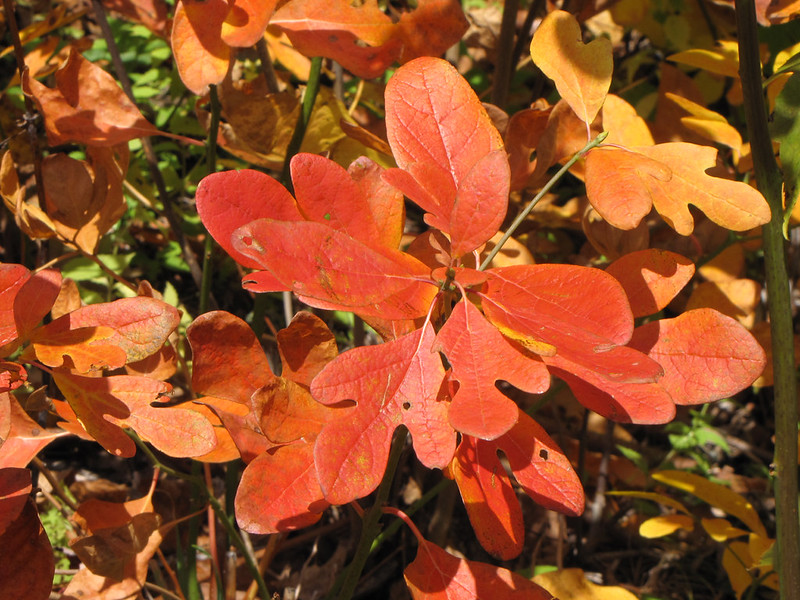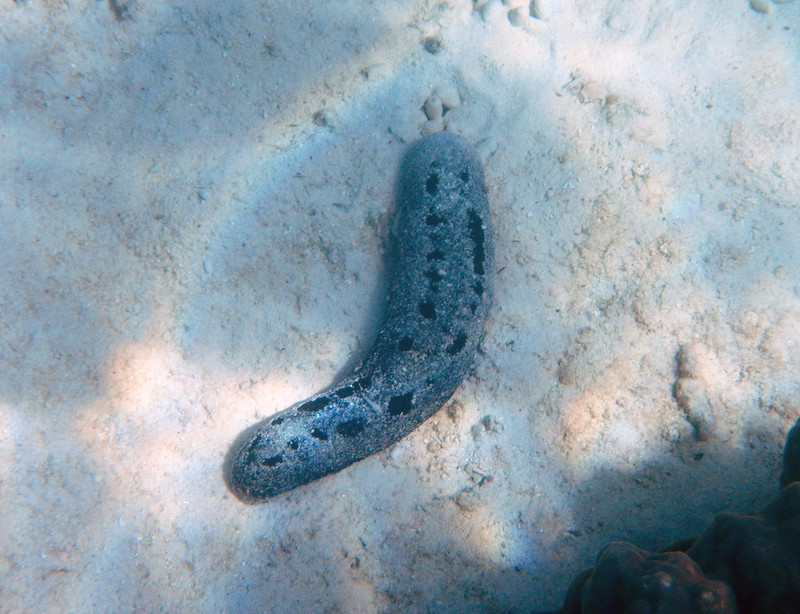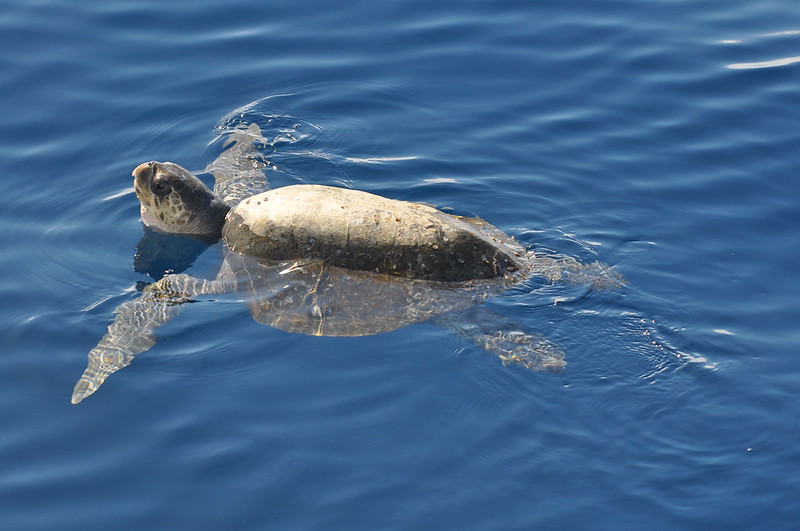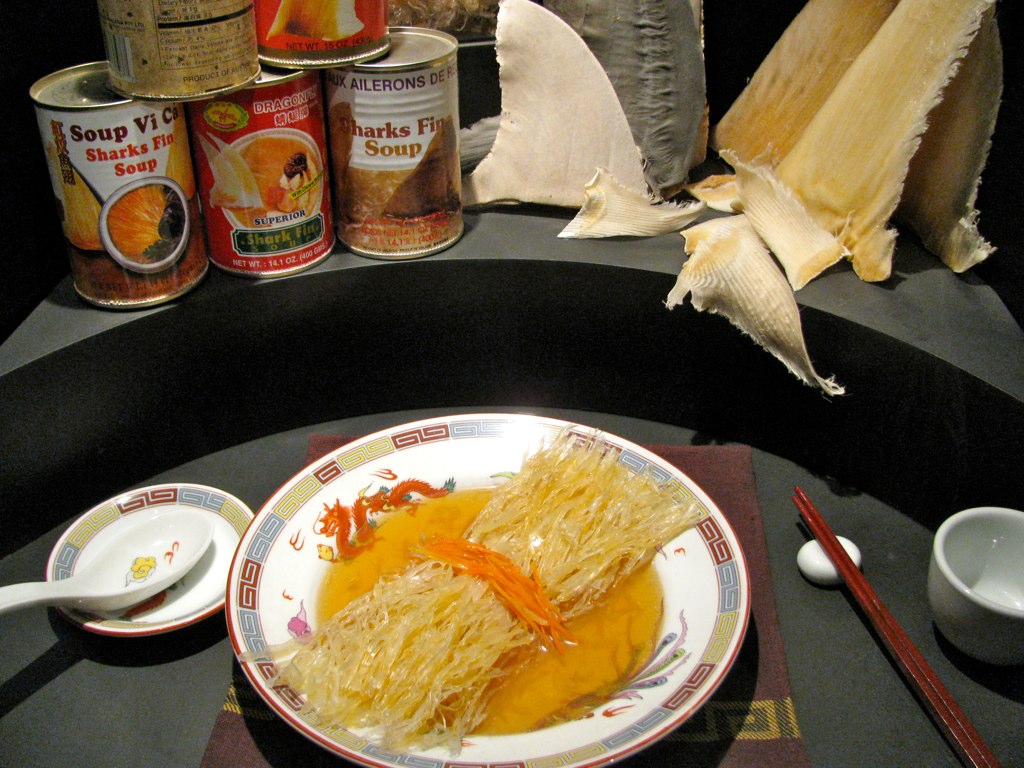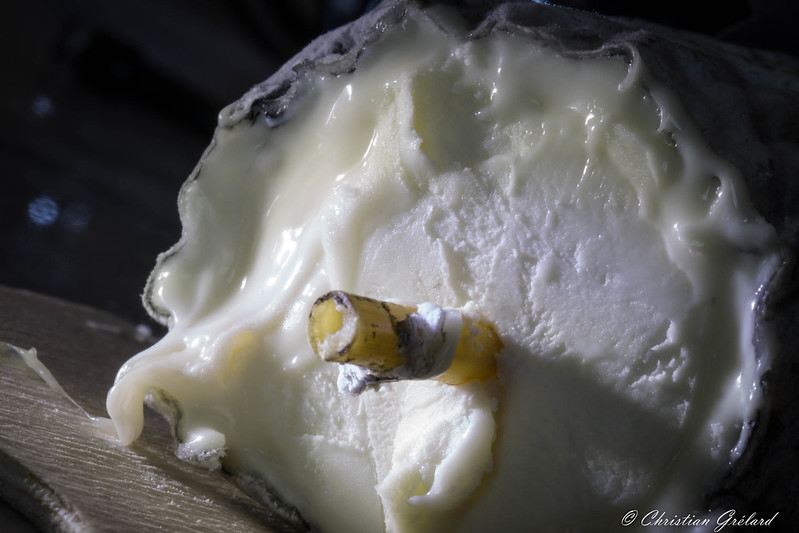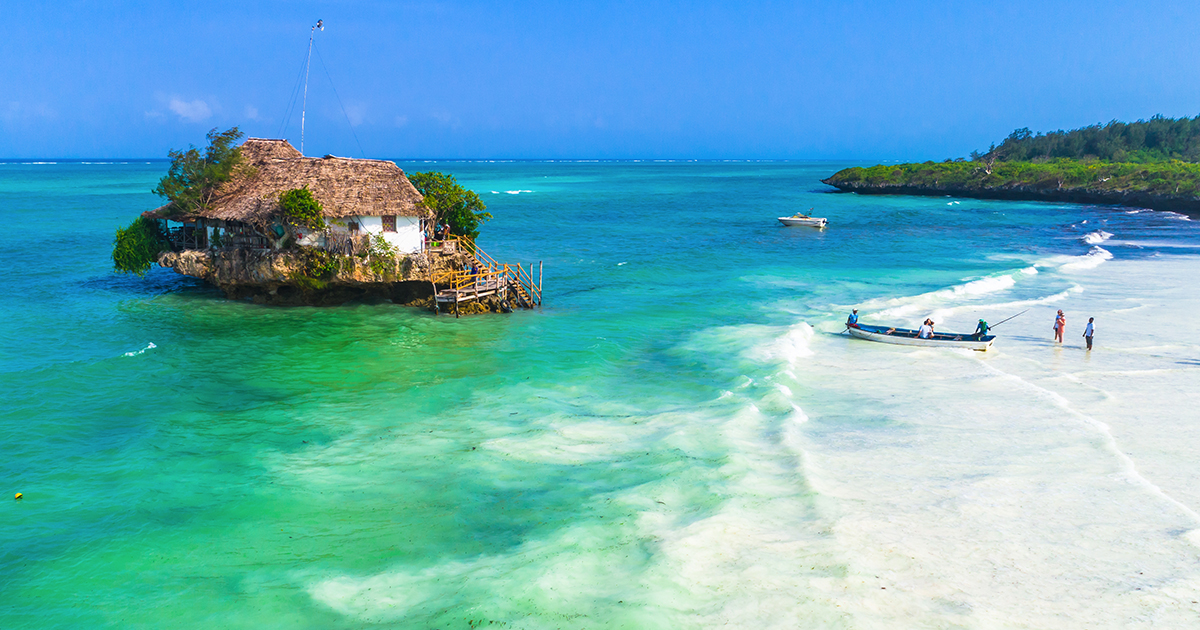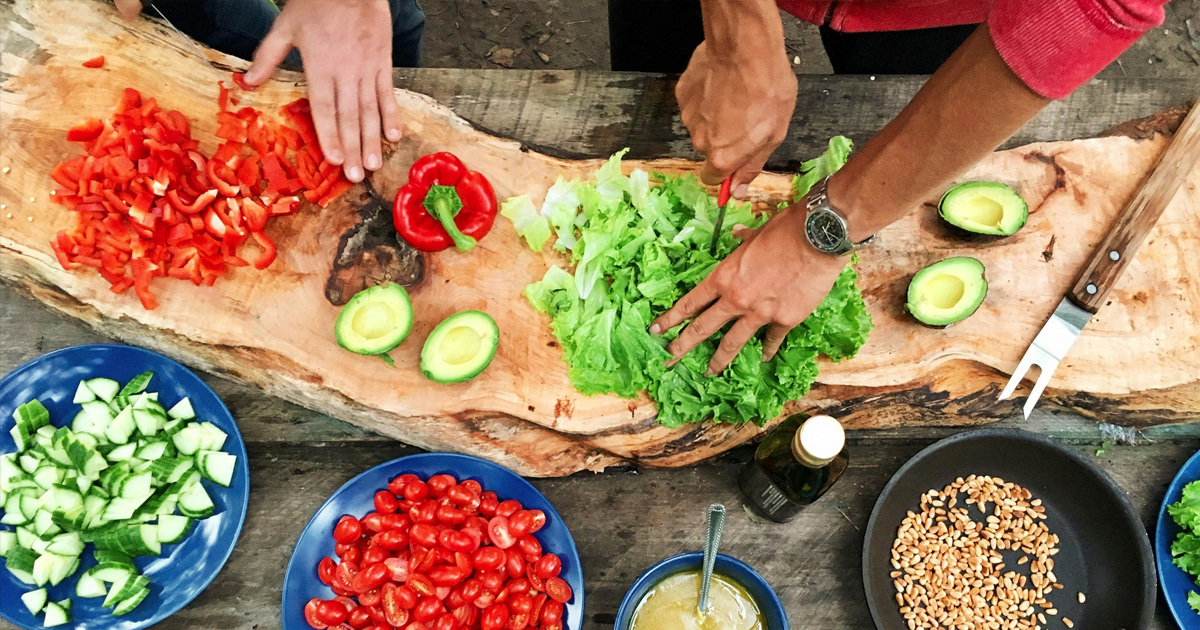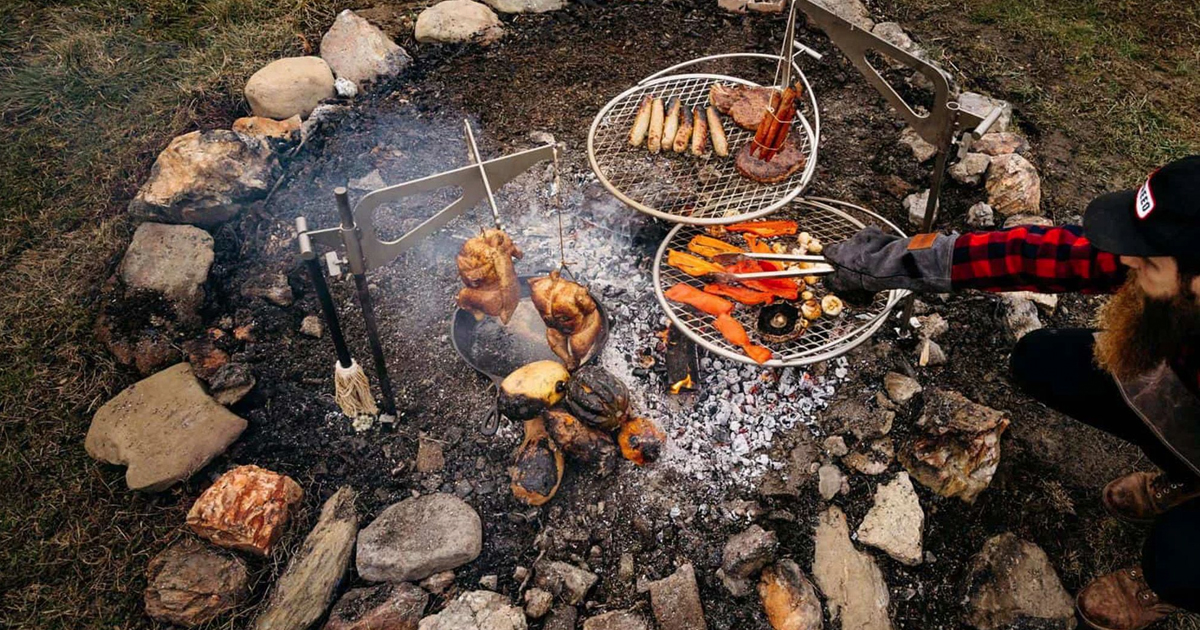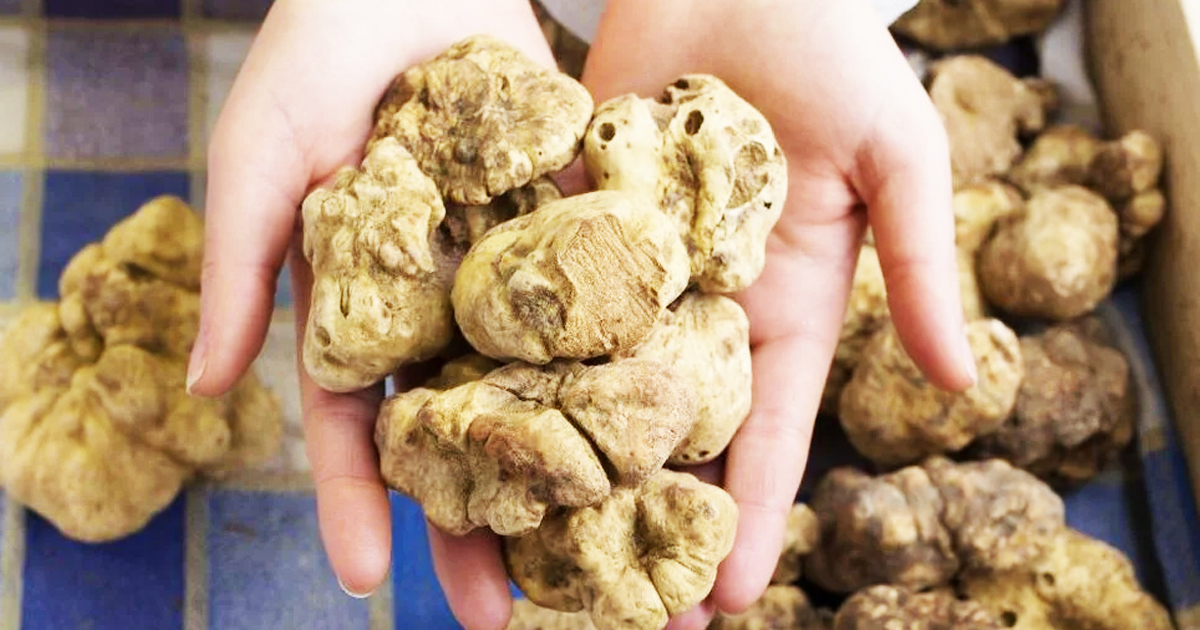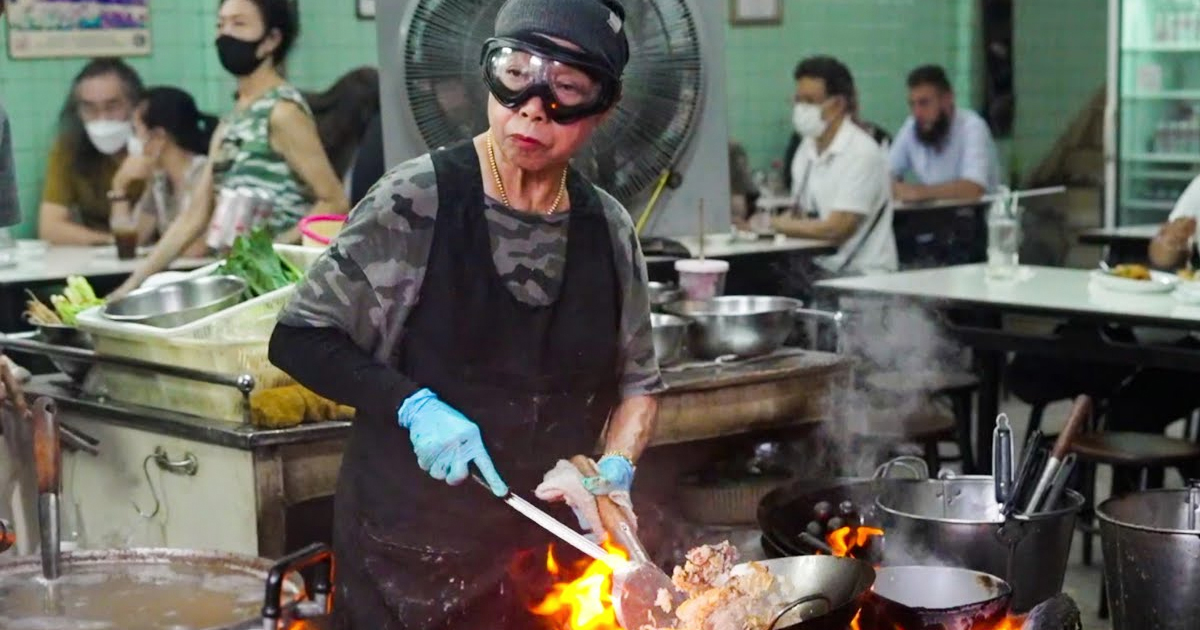The "forbidden" eats
The U.S. has banned several foods from around the world due to safety, public health, and environmental concerns. Though Americans may not have access to them, they are considered delicacies—or even staples—in other parts of the world.
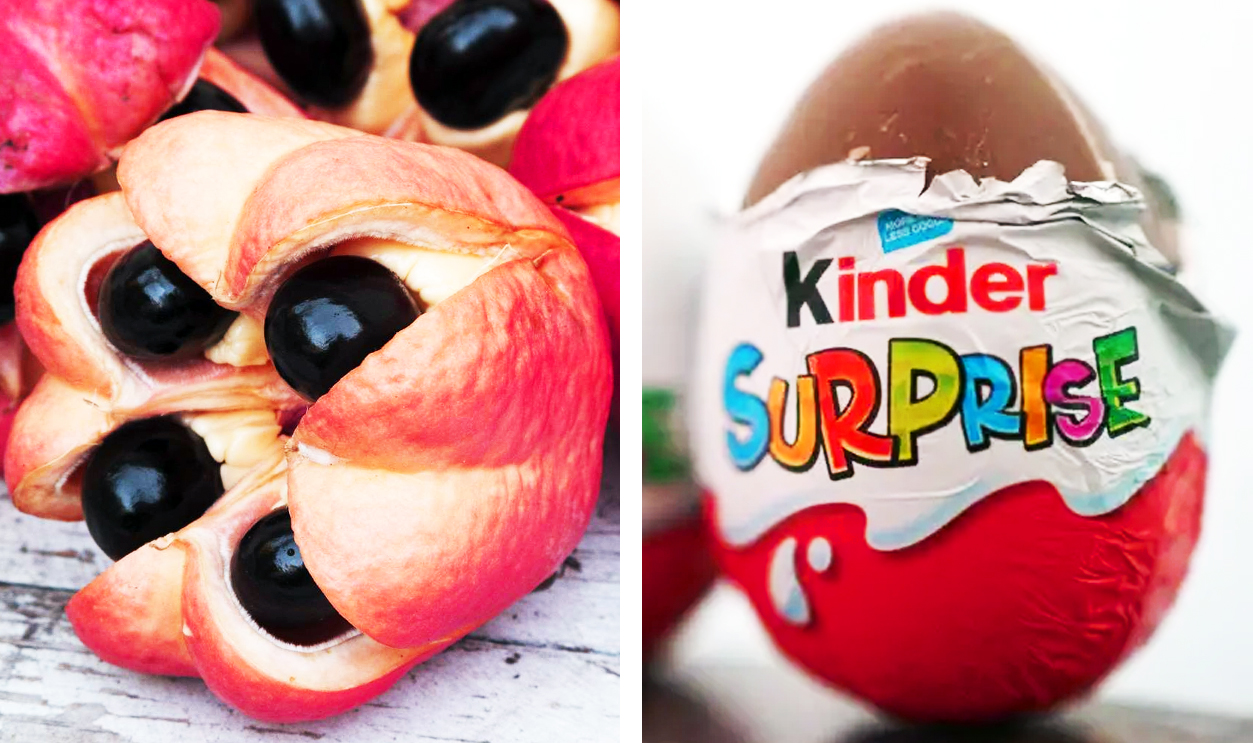
Ackee
The ackee fruit, the official fruit of Jamaica, is strange-looking and popular on the island. However, the FDA has prohibited raw ackee consumption in the U.S. since 1973 due to high hypoglycin A levels, which is a toxin. Canned ackee may be found in some states as they have lower levels of the toxin.
Absinthe
Absinthe, an intense alcoholic beverage from France and Switzerland, is restricted in the U.S. due to its high thujone levels from wormwood. Thujone was linked to hallucinations, leading to a ban in the early 1900s. It can now be sold in the U.S. with limited thujone—but if it has regular levels of thujone, it is still banned from sale.
Beluga caviar
Beluga caviar is sourced from the Caspian Sea and is banned in the U.S. due to the endangered status of the beluga sturgeon. Classified as threatened in 2005, its trade is prohibited under the Endangered Species Act to prevent overfishing and habitat destruction.
Beluga meat
Similar to beluga caviar, beluga meat is also banned in the U.S. Restrictions are in place in the Arctic to protect the endangered beluga whale population. This conservation effort mainly targets hunting and environmental threats that could further reduce their numbers.
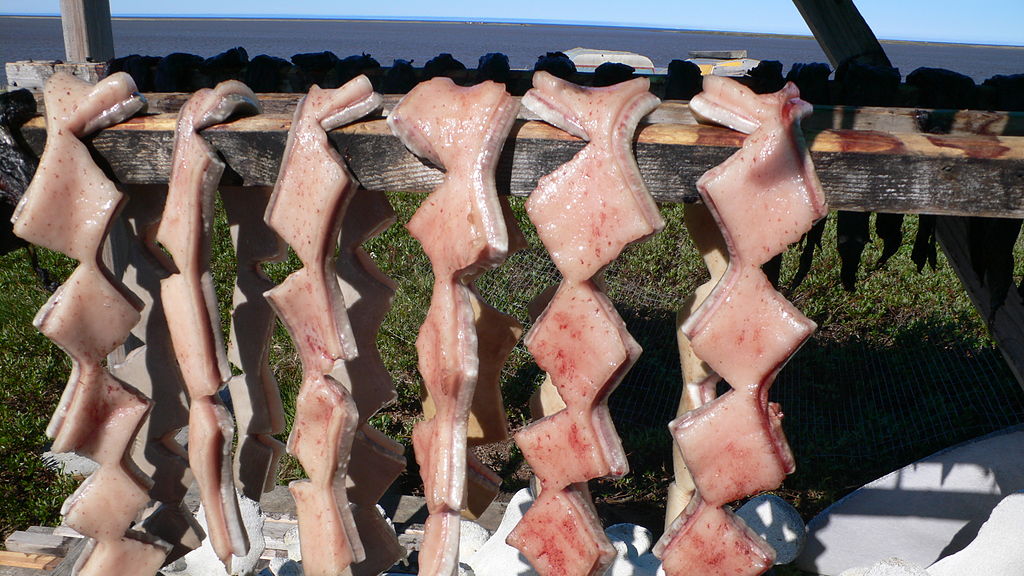 jai MANSSON, CC BY-SA 2.0, Wikimedia Commons
jai MANSSON, CC BY-SA 2.0, Wikimedia Commons
Black pudding
Black pudding IS a traditional British sausage with blood, fat, and oatmeal. It's banned in the U.S. due to its high blood content, which could be unsafe for consumption. USDA-monitored food safety regulations prohibit the use of certain animal blood in food to prevent foodborne illnesses and contamination.
Bushmeat
Bushmeat is a term that refers to wild animals in Africa that are hunted for food and consumed in that region. Bushmeat is also sold in Asia, South America, and the Middle East. Five million tons are consumed annually, with the United States banning its sale—but smugglers still bring it into the country.
Casu marzu
Casu marzu is a Sardinian cheese made with sheep's milk and live maggots for fermentation. It is banned in Italy, the U.S., and other countries due to health concerns. The Guinness Book of World Records named it "the most dangerous cheese" in 2009 since it imparts symptoms like vomiting, abdominal pain, and bloody diarrhea.
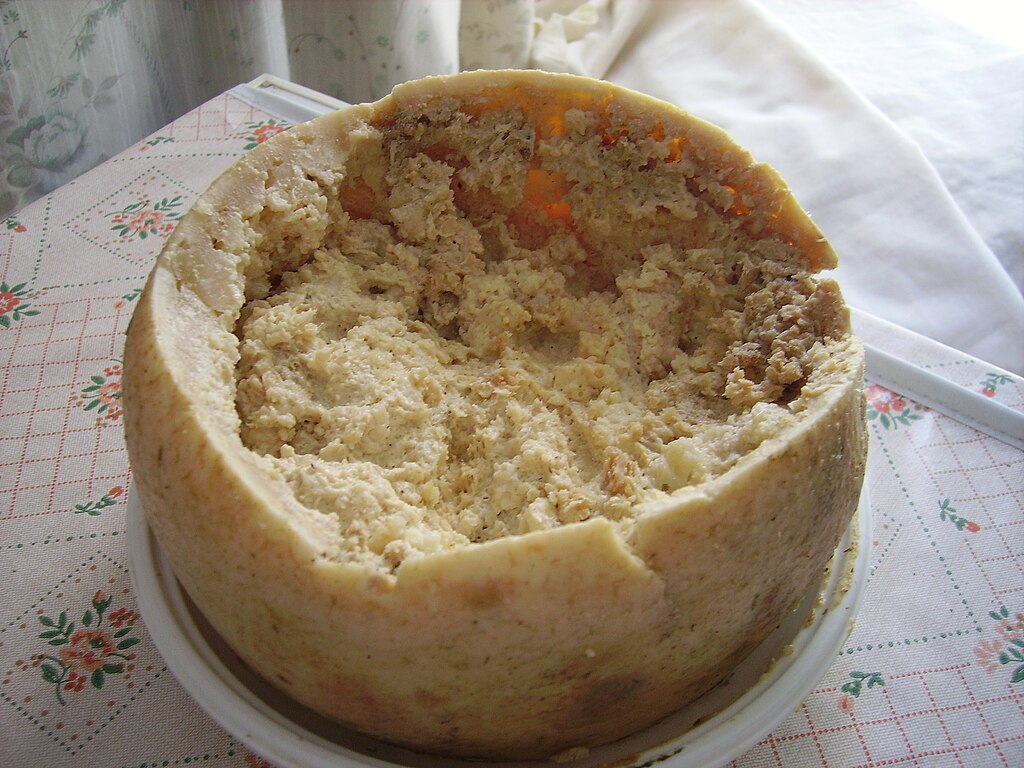 Shardan, CC BY-SA 2.5, Wikimedia Commons
Shardan, CC BY-SA 2.5, Wikimedia Commons
Chilean sea bass
Chilean sea bass is not fully banned in the U.S.—however, the import and sale of Chilean sea bass is closely monitored due to concerns about overfishing. Strict regulations ensure sustainability, requiring certifications to prove legal sourcing and use of sustainable methods.
Foie gras
Several U.S. states have banned the sale of foie gras, a French dish produced by force-feeding ducks or geese to enlarge their livers. The bans that are currently in place were, obviously, put into place due to concerns about animal cruelty. California and most recently New York have implemented laws against foie gras.
Fugu
Eating Japanese puffer fish, or fugu, is risky due to its deadly neurotoxin tetrodotoxin. While not illegal in the U.S., only a handful of chefs are trained to prepare it safely—so it would be illegal to consume fugu prepared by a chef without certifications.
Haggis
Haggis is a traditional meal of Scotland that has been banned in the U.S. since 1971 due to FDA restrictions. The dish contains sheep's heart, liver, and lungs cooked with spices and oatmeal encased in a sheep's stomach. It has been deemed unsuitable for human consumption by the Department of Agriculture.
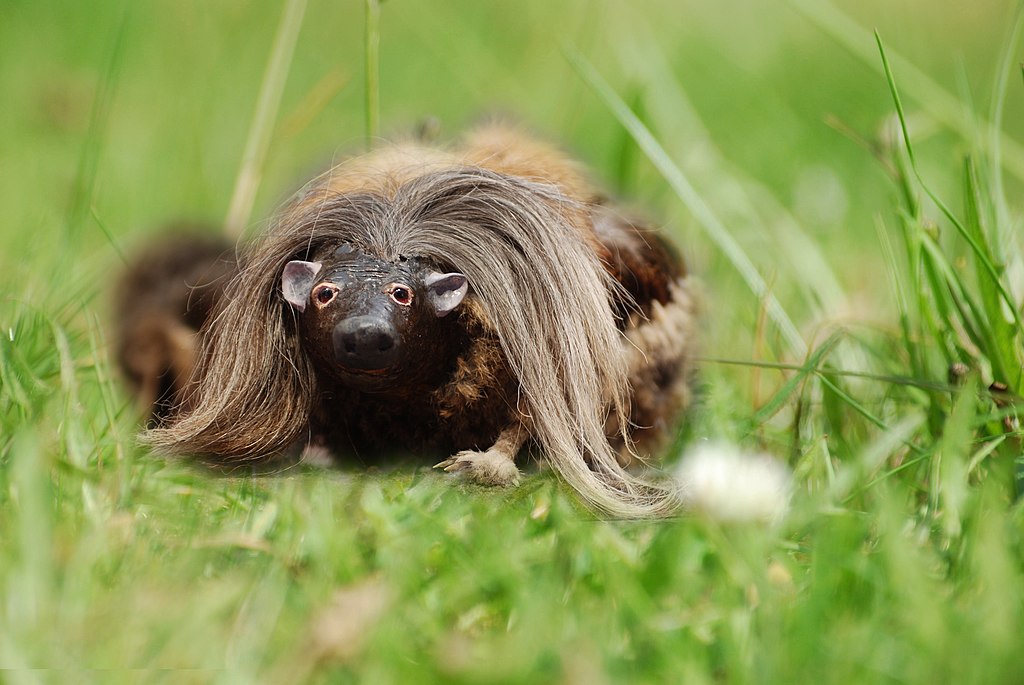 MyName (StaraBlazkova), CC BY-SA 4.0, Wikimedia Commons
MyName (StaraBlazkova), CC BY-SA 4.0, Wikimedia Commons
Horse meat
Horse meat is banned for human consumption in the U.S. due to animal welfare and food safety concerns. Horses are considered pets in the U.S., making them unethical as a food source. As a result, there are no facilities for horse slaughter or sale of horse meat.
Kinder Surprise eggs
Kinder Surprise eggs are not sold in the U.S. due to a regulation prohibiting non-nutritive objects in food. Ferrero sells 1.2 billion annually worldwide, but not in America. The candy consists of a chocolate egg shell with a plastic inner egg containing a toy. The FDA banned them in 1938 due to choking hazards.
Lung meat
The U.S. bans the use of lung meat in dishes in alignment with USDA regulations. Concerns about contaminants and ensuring safety continue to validate such regulations, which protect consumers from health risks.
Mangosteen
The purple mangosteen is a popular fruit in Thailand that was previously banned in the U.S. due to concerns about introducing the Asian fruit fly, an invasive species. The restriction was removed in 2007, but imported mangosteen must undergo irradiation to eliminate fruit flies.
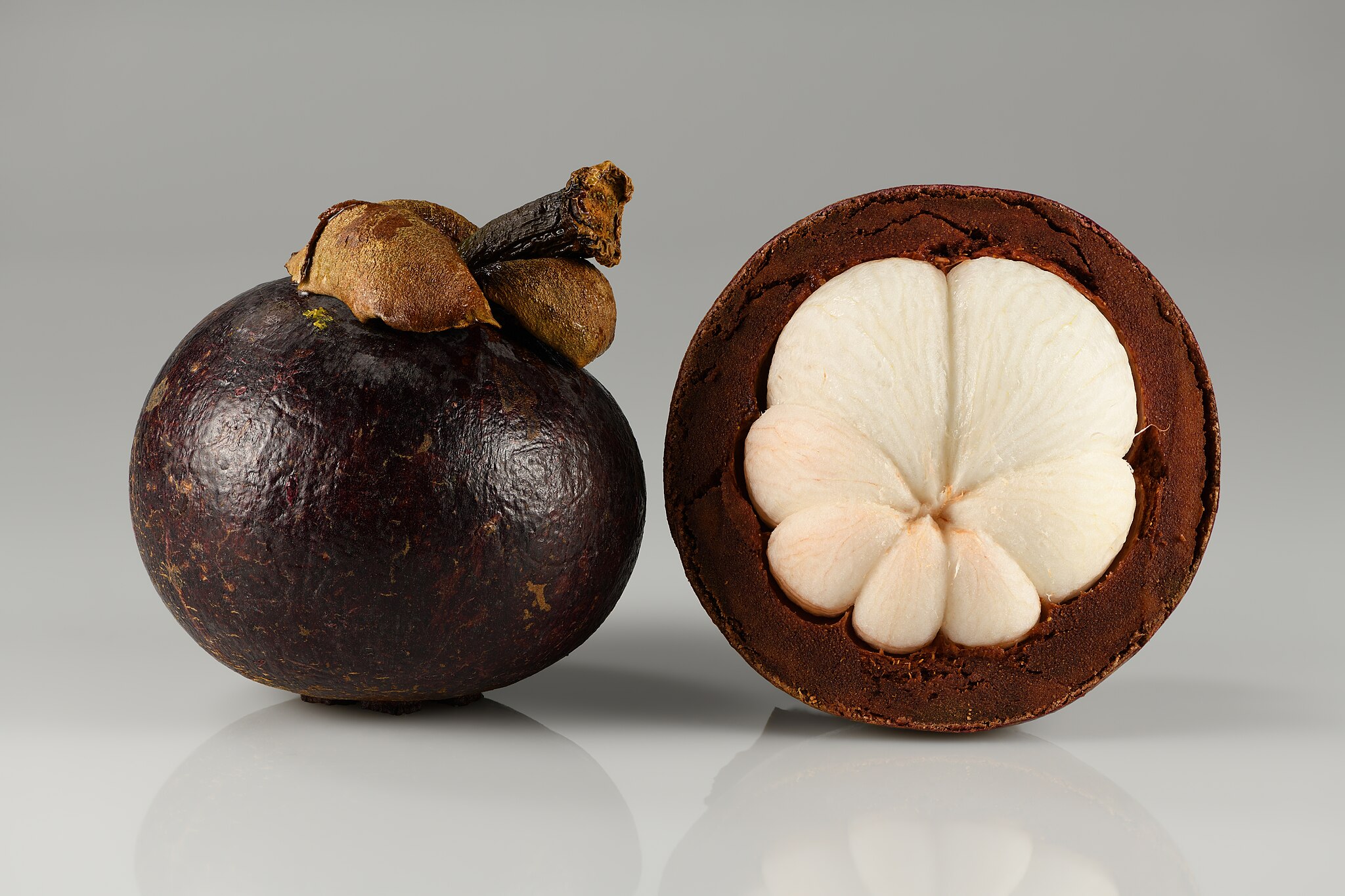 Ivar Leidus, CC BY-SA 4.0, Wikimedia Commons
Ivar Leidus, CC BY-SA 4.0, Wikimedia Commons
Mirabelle plums
Mirabelle plums from France are a specialty product that is subject to restricted imports to the U.S in order to protect the French farming industry.. The intentional scarcity has led to a misconception that they are banned in the U.S.
Ortolan
Ortolan is a French delicacy involving a tiny songbird that is prepared in a way deemed inhumane by the U.S, The preparation involves force feeding and drowning the ortolans in Armagnac before they are consumed whole. Ortolan is also on the brink of disappearing, which resulted in its ban by the U.S. and Europe.
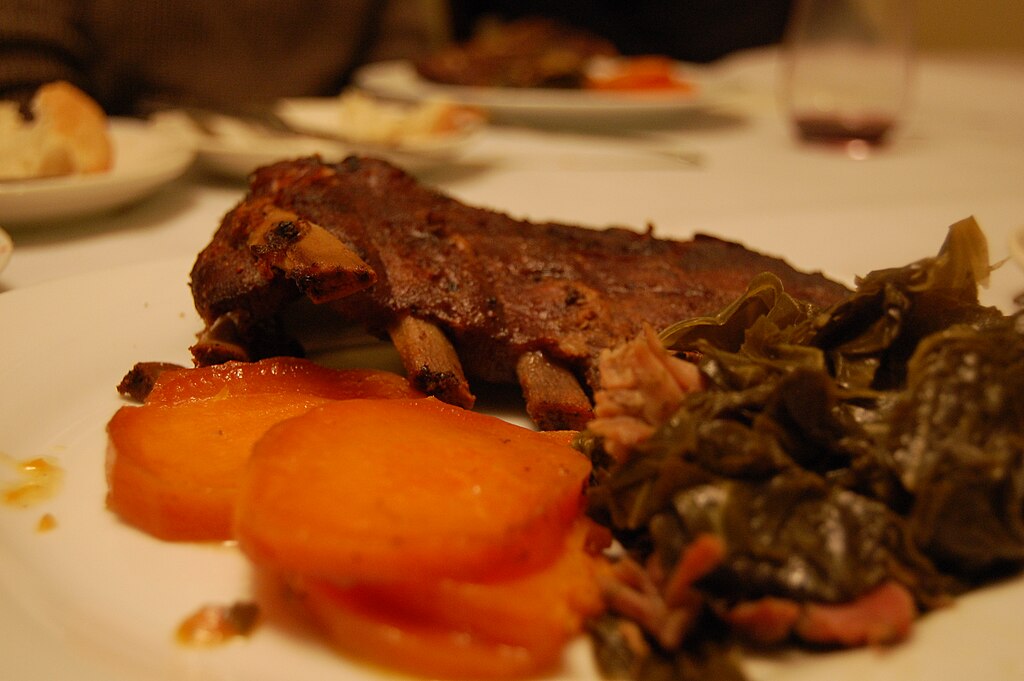 stu_spivack, CC BY-SA 2.0, Wikimedia Commons
stu_spivack, CC BY-SA 2.0, Wikimedia Commons
Pawpaw fruit
Pawpaw fruit, which is native to North America, faces distribution restrictions in the U.S. due to its short shelf life and fragility. This limits the fruit's availability to farmers' markets or self-picking, despite popularity in certain regions.
Pig's blood cake
Pig's blood cake is a unique Taiwanese dish made by combining pig's blood and rice, then skewering it on a stick. The USDA prohibits it because the method of preparation is deemed "unsanitary." It is not currently available in the U.S.
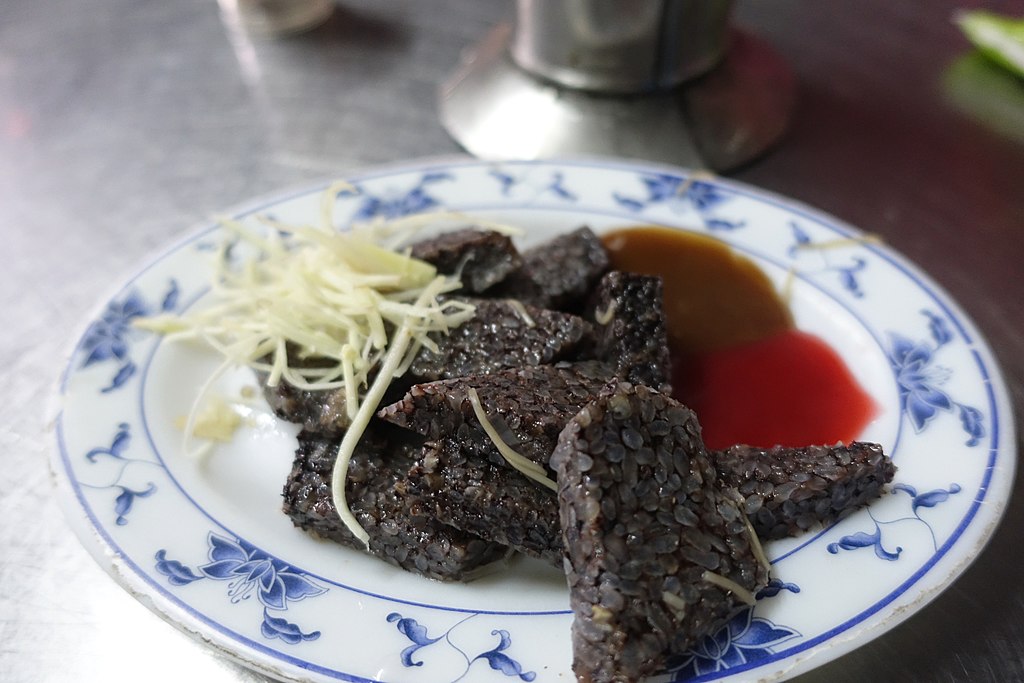 Bryan Hsieh, CC BY-SA 2.0, Wikimedia Commons
Bryan Hsieh, CC BY-SA 2.0, Wikimedia Commons
Queen conch
The queen conch is a rare a Caribbean mollusk that is banned in the U.S. due to being endangered. Overfishing and habitat destruction have decreased their numbers. Strict regulations are in place to preserve the species by prohibiting trade and possession of queen conch.
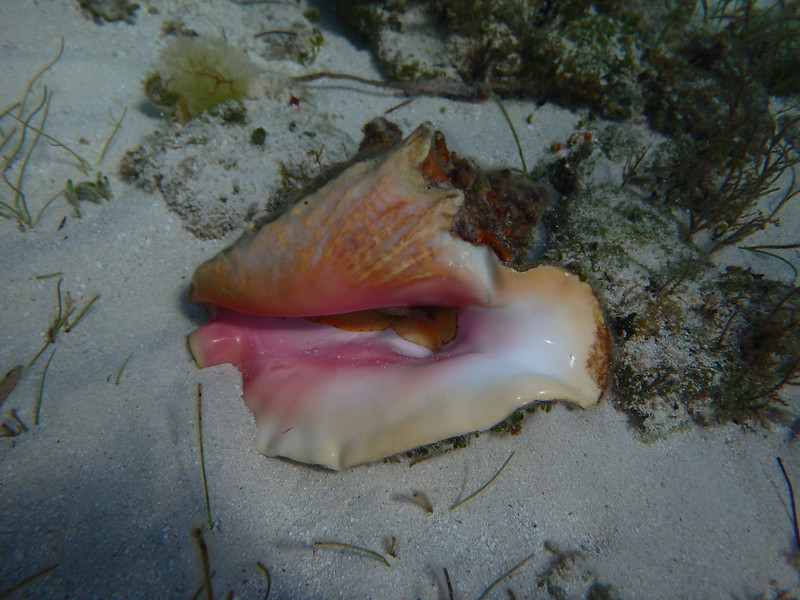 FWC Fish and Wildlife Research Institute, Flickr
FWC Fish and Wildlife Research Institute, Flickr
Raw milk
The sale of raw milk is prohibited in many U.S. states due to health concerns from harmful bacteria like E. coli, Salmonella, and Listeria. Despite claims of health benefits, FDA and CDC strongly discourage consumption of unpasteurized milk to protect at-risk groups.
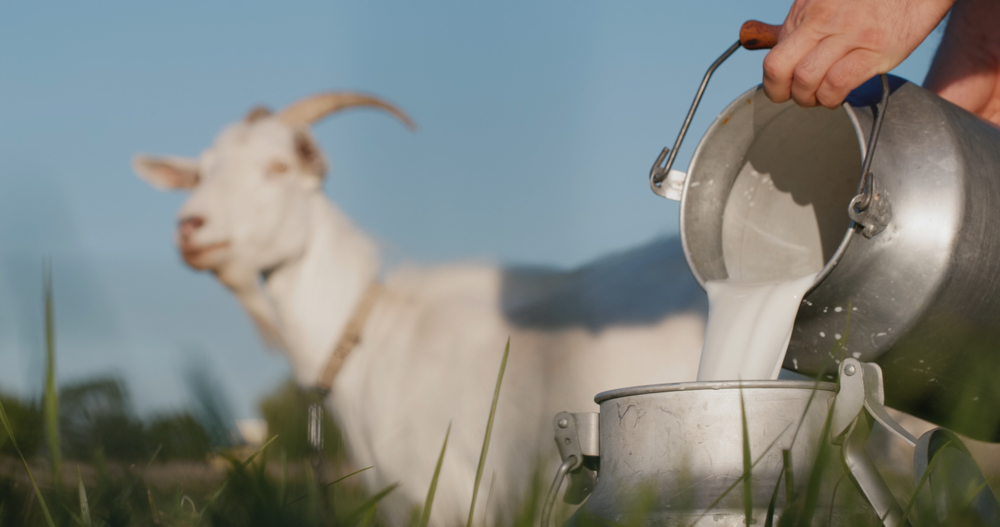 StockMediaSeller, Shutterstock
StockMediaSeller, Shutterstock
Redfish
Redfish was very popular in the '80s—but due to overfishing, it is now considered an endangered species. As a result, it has been banned in all states except for Mississippi. There, only redfish measuring 18" and 30" in length are able to be legally caught, with a daily bag limit of three redfish per person.
Sassafras oil
Sassafras oil was once a popular ingredient in root beer produciton. A substance called safrole is found in sassafras tree roots and barks, and it's banned for its carcinogenic properties. Studies have shown that prolonged consumption of safrole increases cancer risk. Also, safrole is used in the illegal manufacture of some illicit street substances.
Sea cucumbers
Sea cucumbers are regulated in the U.S. due to concerns about overfishing and marine conservation. Their harvesting has led to significant population declines, so the U.S. government oversees imports to ensure sustainable and legal sourcing.
Sea turtles
Sea turtles in the United States are protected as endangered species, which means they cannot be hunted, traded, or exploited. Regulations by the U.S. Fish and Wildlife Service and NOAA aim to safeguard them and their environments.
Shark fin soup
The ban on shark fins in the U.S. is a result of regulations to combat shark finning, a wasteful practice of removing shark fins and discarding the rest of the animal. Restrictions have been put in place to protect shark populations, promote sustainable fishing. Despite protective laws in place, illegal trade of shark fins still occurs in the U.S.
Swan meat
Although it is legal to eat some swan breeds in the United States, hunting some breeds is forbidden. Trumpeter swans are protected, making it illegal to hunt them. Trying swan meat may not be worth it anyway as many find its flavor unpleasant, comparing it to a dirty, fishy taste.
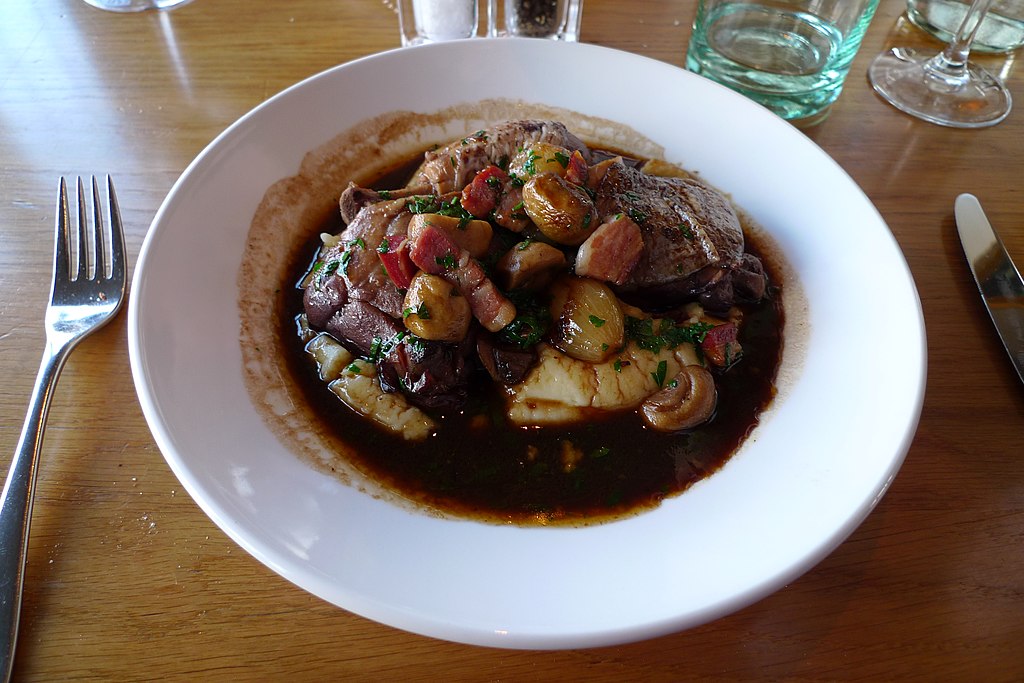 Ewan Munro, CC BY-SA 2.0, Wikimedia Commons
Ewan Munro, CC BY-SA 2.0, Wikimedia Commons
Tonka beans
Tonka beans, which originate from South America, are banned in the U.S. due to high coumarin levels, which can cause liver damage and health risks. FDA has prohibited their import and sale.
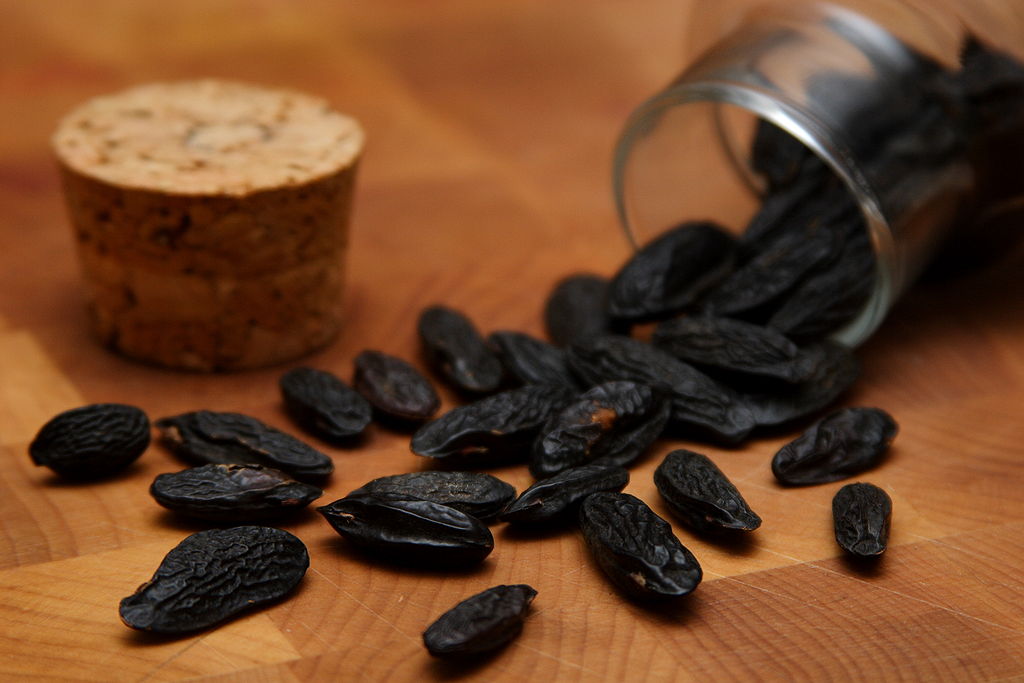 Mecredis, CC BY-SA 3.0, Wikimedia Commons
Mecredis, CC BY-SA 3.0, Wikimedia Commons
Unpasteurized cheese
Unpasteurized cheese, known as raw milk cheese, is regulated in the US due to potential harmful bacteria. The FDA requires a 60-day aging period to reduce risks before selling, but some soft varieties may still be restricted.

